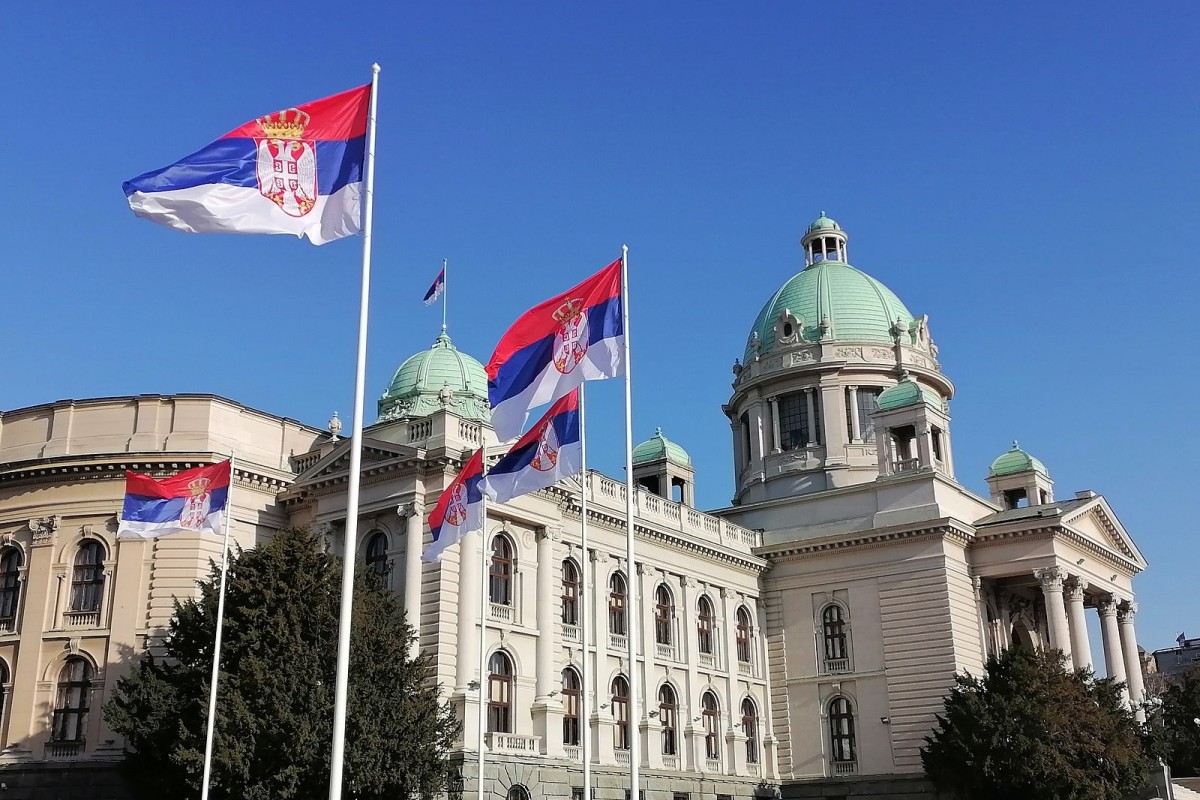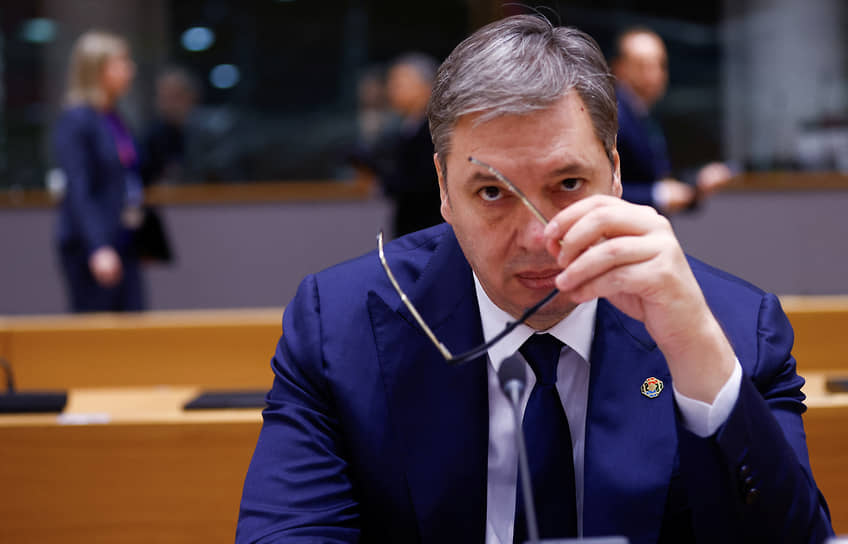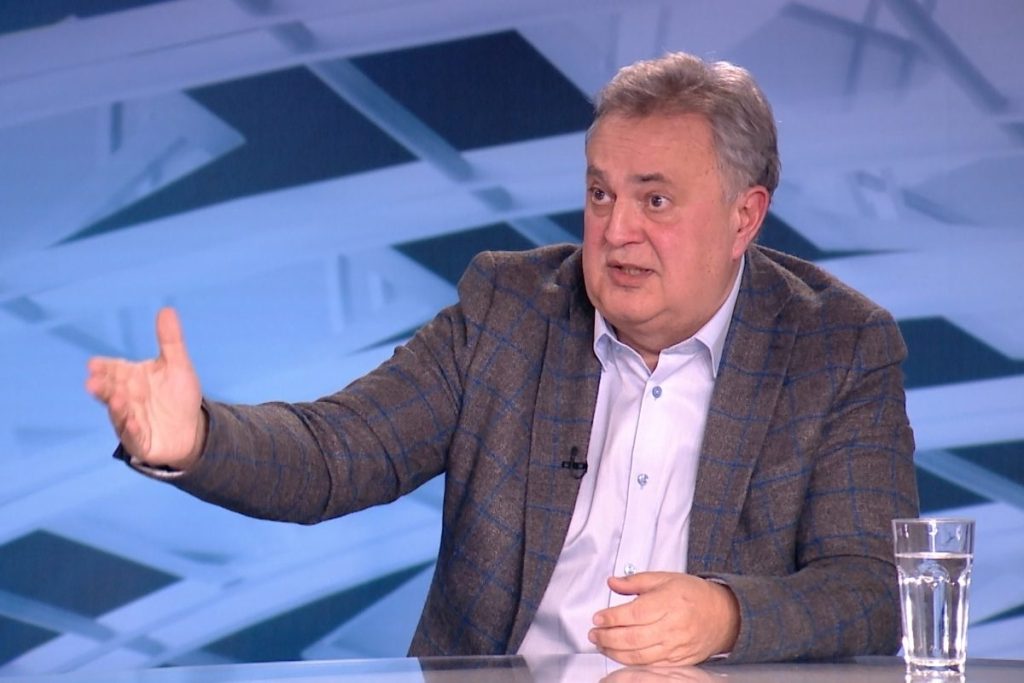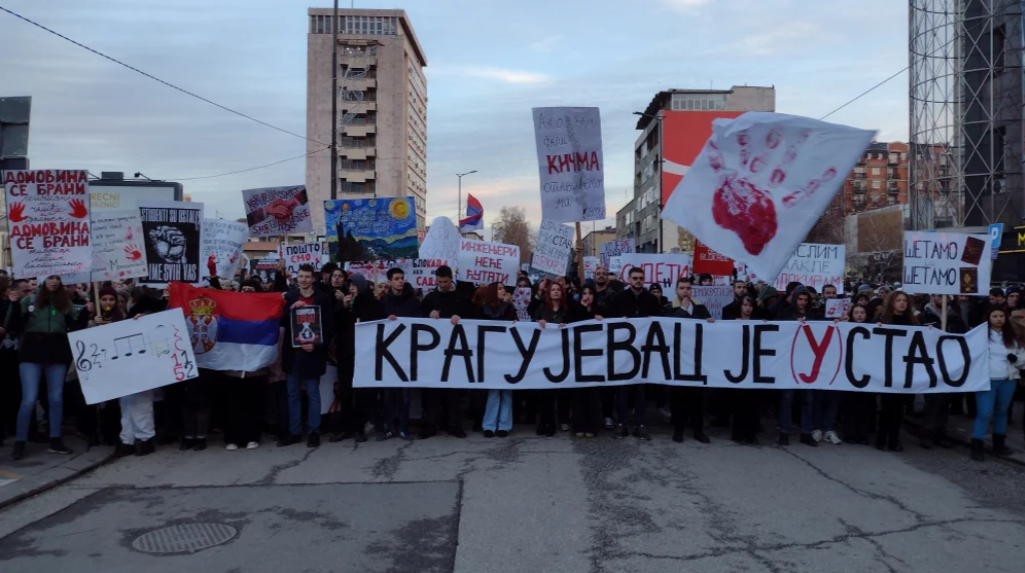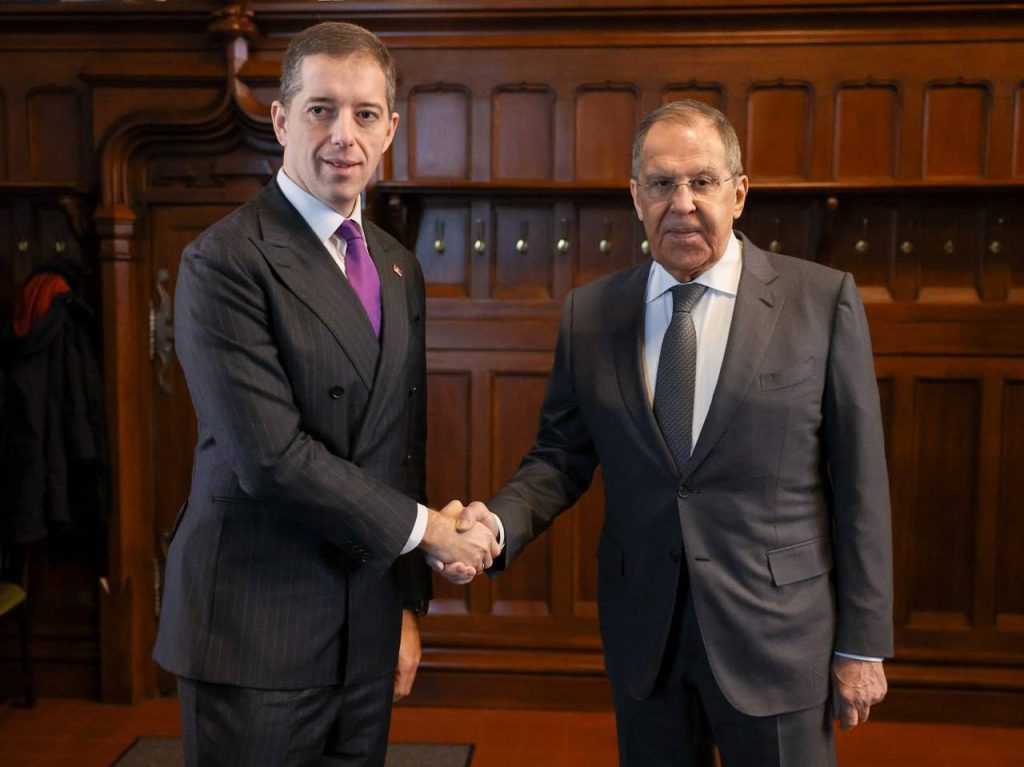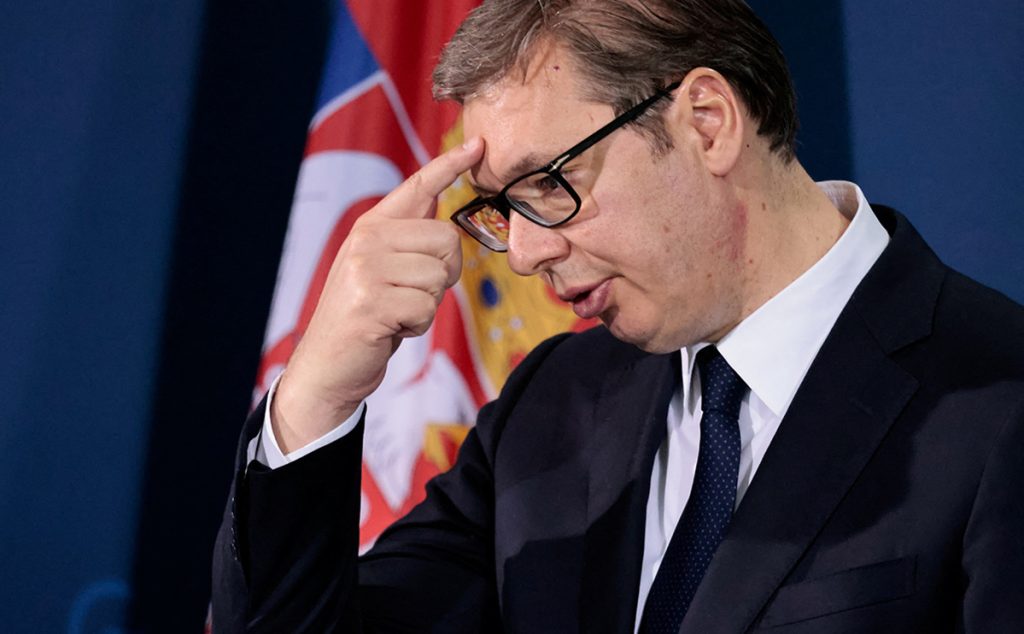Written By: Paul Jeremic

The question I most often received on account of my activism was, “okay, but what do you get out of it?”. The regime's absolute control over the media in order to demonize opposition and opposition activism, along with the continued reduction of democratic culture, have led to activism being viewed with suspicion. In such conditions, the most
it benefits the bahata government, which aims to dissuade all politically literate and freedom-loving citizens from activism, and the youth whose future becomes the political prey of the corrupt government suffer the most.
Born at 21. for a century they had this misfortune to grow up and school in the time of the rule of the Serbian Progressive Party, which will be remembered as the greatest enemy of the future of Serbian youth. Educational policy aimed at creating obedient staff, poor study conditions, as well as the lack of personal and political freedoms felt on a daily basis have inspired a number of young people to clearly stand up against the regime and engage personally through activism in the fight for the conquest of civil liberties and building a better society. Being a young political activist in today's Serbia means not complying with things "because it must be so", loving your homeland and the environment, refusing to be silent on the injustices against the ordinary, authorities of a little man, in general it means being free and saying it with all your voice while someone is trying to silence you!
Spreading the idea of how any kind of opposition activism and rebellion is a kind of betrayal of its environment, as well as instilling the “silence, it can be worse” mentality for easier management of the masses has been going on for decades in Serbia. However, an increasing number of young people who want change in their environment and creating conditions for staying in Serbia are breaking this stigma and are struggling in all ways to initiate mental changes. Engaging in activism as a young person carries with it the possibility that individual relatives, acquaintances or professors will look at you under the eye and accuse you of being a “foreign mercenary” , however this only brings motivation. Contrary to the prejudices that society has about activism, this kind of engagement, especially in young people, is a very positive social phenomenon! In this way, young people actively express their dissatisfaction, and in cooperation with others create capacities for achieving the social changes they aspire to. Through activism, the individual helps the society in which he or she finds himself or herself a pillar of reform.
I believe that any political organization should have a strategic goal of animating young people to get involved in political life, and to educate them as much as possible about the political system and today. The number of young people entering certain political offices is increasing, however, it is still at a very low level and does not present young people to the extent that they participate in the voting population. It is necessary to find channels of communication through which activism would be brought closer to young people and presented as a completely normal and positive phenomenon in every dignified citizen. Finally, I could say that a young man's decision to be a political activist is a civilized way of expressing rebellion. Our small, everyday victories on the streets and in institutions are something I will always be proud of, but also something that motivates me to be even more energetic in the fight for change tomorrow than today. Environmental comments should not be an obstacle for young people to engage in activism, because only together can we
build a better future for us and those who come after us!
Politics affects all of us, that is why we young people have to influence politics and create policy according to our measure!
Source: Center for Geostrategic Studies
20. October 2024.

